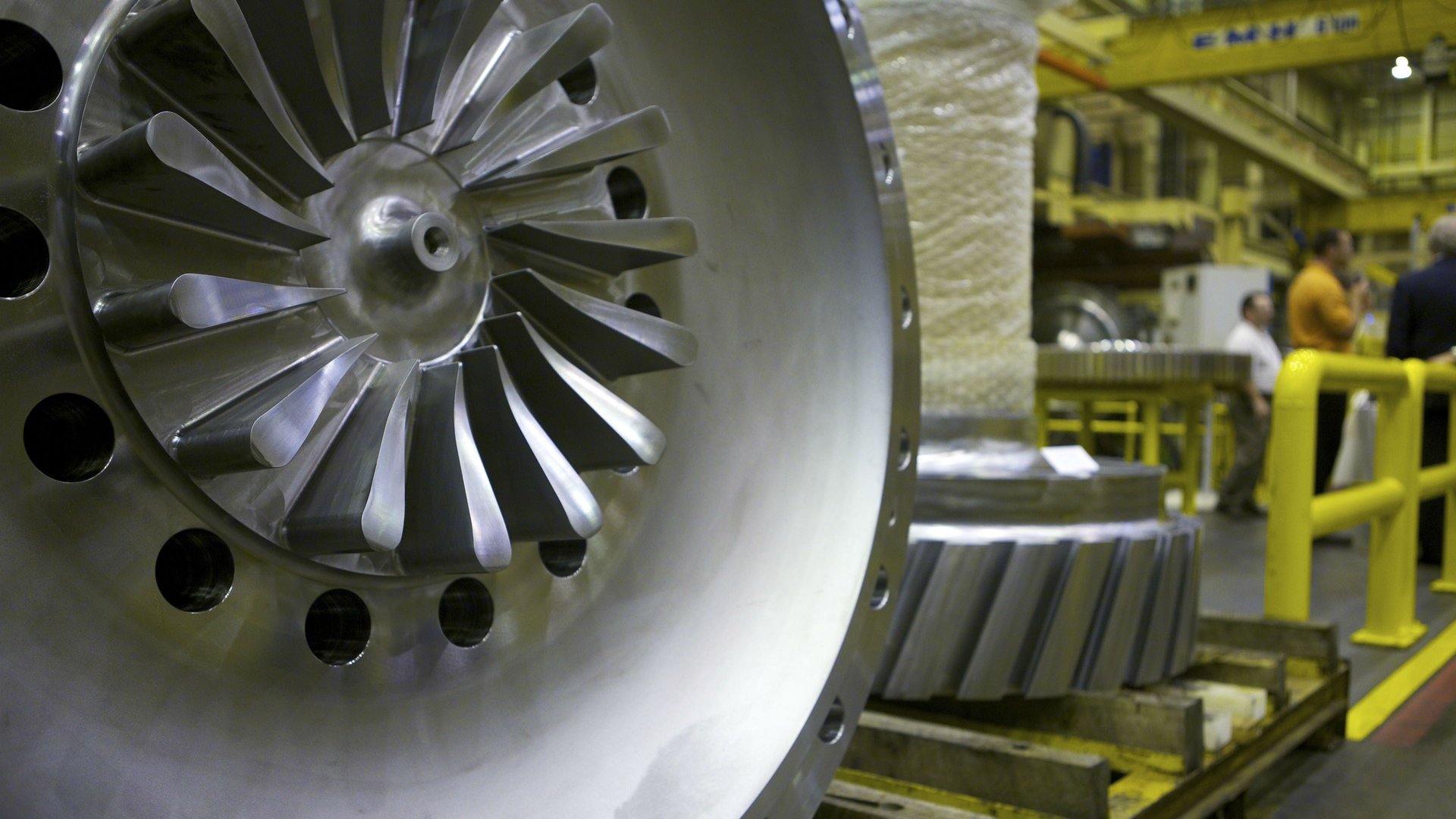Fiscal cliff has execs on edge: “You can’t count on these guys”
Despite the recent robust numbers on US housing, the looming fiscal cliff is still very much front and center. In post-earnings conference calls today, global manufacturing giants Honeywell and General Electric both cited the looming threat of sharp tax increases and cuts to government spending as a headwind for business spending. Dave Cote, chief executive of diversified manufacturer Honeywell, had this to say:

Despite the recent robust numbers on US housing, the looming fiscal cliff is still very much front and center. In post-earnings conference calls today, global manufacturing giants Honeywell and General Electric both cited the looming threat of sharp tax increases and cuts to government spending as a headwind for business spending. Dave Cote, chief executive of diversified manufacturer Honeywell, had this to say:
I do believe there’s potential in the U.S. or maybe even the world for a good economic recovery if government would actually do their job here and resolve the fiscal cliff and the debt. By the same token, there’s a potential disaster if they handle it poorly. All that being said we’re going to look at it as if it’s just more of the same. And you can’t count on these guys doing what they need to. And we need to think about it in terms of all right, what’s kind of the conservative way to plan this?
And Jeff Immelt, who heads up GE, had this to say about soft business spending that the conglomerate is seeing in its commercial lending and leasing business:
The commercial volume is down about 5%. I think the bigger part of that is it’s uncertainty. It’s people not willing to spend because they have a more certain environment around whether it’s taxes or healthcare or social cost or things like that and just the general backdrop in terms of confidence so I think we have seen some of that.
From the perspective of the US economy, the fiscal cliff scenario seems like a lose/lose. The best case that Goldman Sachs economists see is that Congress comes to some sort of resolution by the skin of its teeth before year end, agreeing to a temporary extension of the 2001-2003 tax cuts, a slight cut to emergency unemployment benefits and a delay in the automatic spending cuts agreed to last year during the contentious debt-ceiling debate. But even that not-so-terrible scenario would shave 1.5 percentage points from annual growth in 2013, Goldman economists reckon (as against 0.75 points that various forms of fiscal restraint shaved off growth this year). In the worst-case projection, if Congress doesn’t agree on anything, the hit to growth could be 4 percentage points, probably tipping the US back into recession.